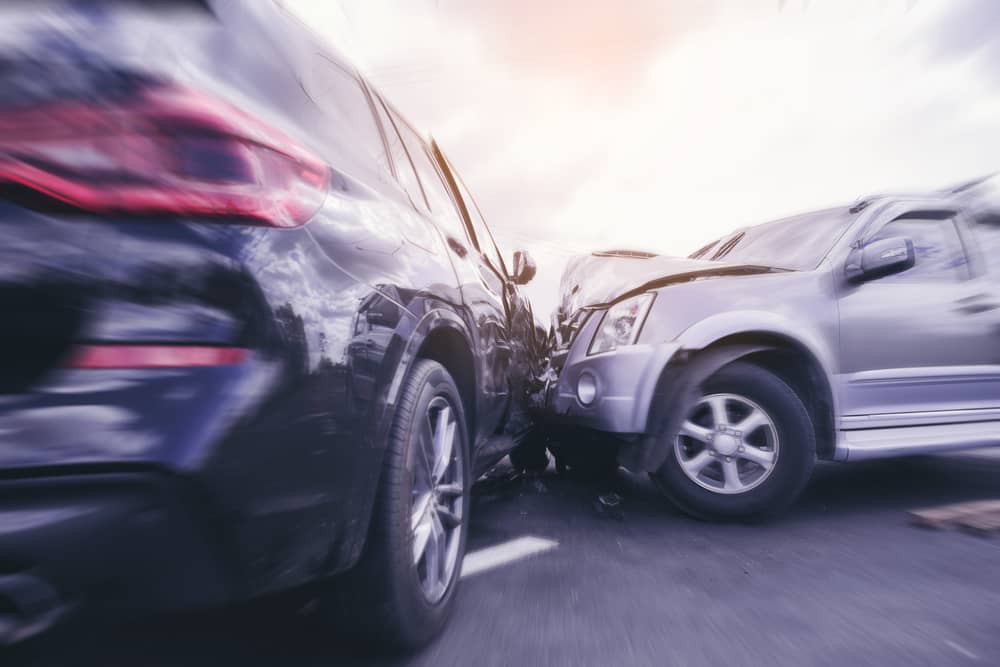In Florida, reckless driving is a serious traffic offense that involves operating a vehicle with a willful or wanton disregard for the safety of others or property. The legal definition of reckless driving can vary by state, but in Florida, it’s covered under Florida Statutes Section 316.192.
Florida Statutes Section 316.192 – Reckless Driving
According to Florida law, a person can be charged with reckless driving if they operate a vehicle with willful or wanton disregard for the safety of persons or property. The law does not require actual harm or an accident to occur; the focus is on the intentional and reckless nature of the behavior itself.
What Does Reckless Driving Look Like?
Examples of behaviors that might be considered reckless driving include any of the following, as well as others.
Excessive Speeding: Driving at a speed significantly above the posted speed limit or at a speed that is unsafe for prevailing road conditions.
Aggressive Driving: Engaging in aggressive behaviors such as tailgating, weaving in and out of traffic, or making unsafe lane changes.
Street Racing: Participating in illegal racing on public roads, which puts drivers, passengers, pedestrians, and other motorists at risk.
Running Red Lights or Stop Signs: Disregarding traffic signals and signs, especially in a way that endangers others.
Distracted Driving: Engaging in activities that divert attention from driving, such as texting, talking on the phone, or interacting with in-car entertainment systems.
Driving Under the Influence: Operating a vehicle while impaired by alcohol, drugs, or other substances that affect one’s ability to drive safely.
Passing in Unsafe Locations: Passing other vehicles in a manner that is unsafe, such as on a curve or a hill where visibility is limited.
Reckless Overtaking: Overtaking another vehicle in an unsafe or prohibited manner.
The Penalties for Reckless Driving
The penalties for reckless driving in Florida can include:
- Up to 90 days in jail for a first offense
- Up to 6 months in jail for a second or subsequent offense
- Fines of up to $500 for a first offense and up to $1,000 for a second or subsequent offense
- Driver’s license suspension for a specified period, depending on the offense
- Points added to the driver’s record, which can lead to increased insurance rates
- Completion of a mandatory driving school or defensive driving course

Why Is Reckless Driving Extra Dangerous?
Reckless driving is considered extremely dangerous because it involves behaviors that significantly increase the risk of accidents, injuries, and fatalities on the road. It significantly increases the likelihood of accidents. Such accidents are more likely to result in serious injuries or fatalities due to the force of impact involved.
Reckless driving goes beyond mere negligence and implies a willful or wanton disregard for the safety of others, as well as the potential consequences of one’s actions. Here’s why reckless driving is so hazardous:
Higher Speeds: Reckless drivers often operate their vehicles at excessive speeds, reducing their ability to react to unexpected situations. High speeds increase the force of impact in collisions, making accidents more severe.
Limited Control: Reckless driving behaviors like aggressive lane changes, sudden swerves, and tailgating reduce a driver’s control over their vehicle, making it difficult to maintain safe distances from other vehicles and respond to changing traffic conditions.
Inadequate Following Distance: Tailgating and closely following other vehicles can lead to rear-end collisions if the vehicle in front suddenly stops or slows down.
Erratic Behavior: Reckless drivers often exhibit erratic and unpredictable behavior, making it difficult for other drivers to anticipate their actions and respond accordingly.
Aggressive Driving: Aggressive behaviors like road rage can escalate situations, leading to confrontations and collisions.
Pedestrian and Cyclist Danger: Reckless drivers pose a higher risk to pedestrians and cyclists who are more vulnerable on the road. Sudden movements and disregard for crosswalks or bike lanes can lead to tragic outcomes.
Reduced Reaction Time: Reckless drivers are often preoccupied with their actions, leaving them with less attention to focus on potential hazards and a decreased ability to react in time.
Adverse Weather Effects: Reckless driving in adverse weather conditions, such as rain, can further impair control and increase the likelihood of accidents.
Multi-Vehicle Collisions: Reckless actions can trigger chain reactions involving multiple vehicles, amplifying the scale of damage and injury.
Impact on Traffic Flow: Reckless drivers disrupt the flow of traffic and can cause congestion, potentially leading to more accidents and road rage incidents.
All car accidents are unfortunate events that can result in significant physical, emotional, and financial consequences. Among the various types of car accidents, collisions that stem from reckless driving are particularly concerning due to their potentially severe outcomes. A Miami car accident attorney from our team here at AccidentLawFirm.com will help you get your life back on track after a reckless driving collision.












